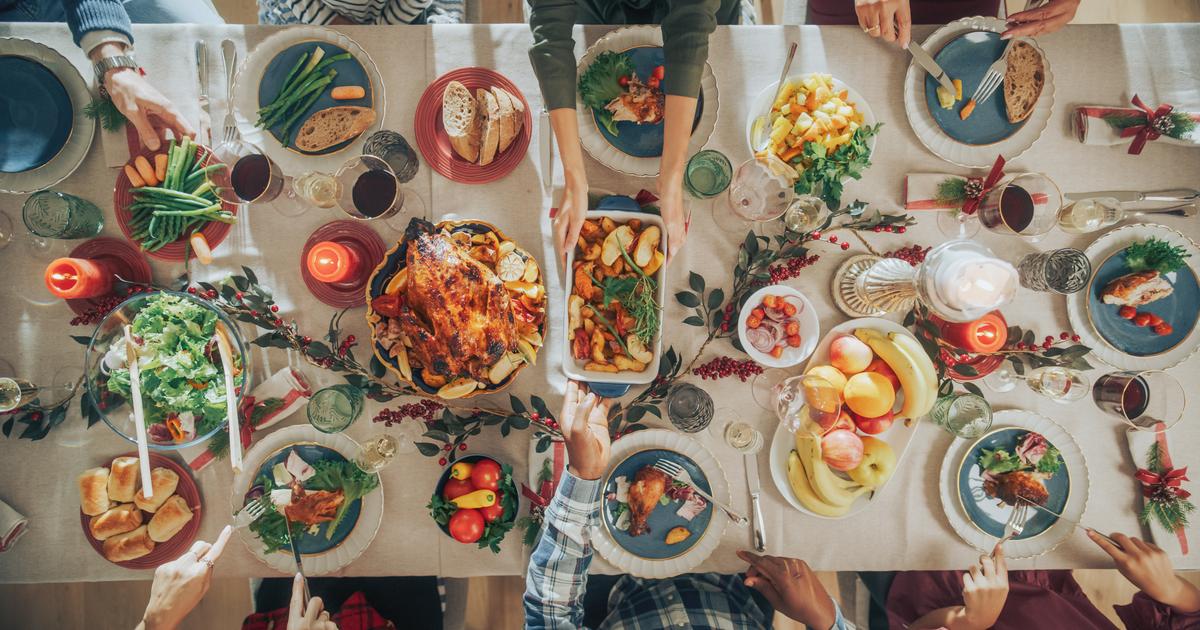Enlarge image
Almost 403 million liters of mixed beer drinks were produced last year
Photo: Christoph Soeder / dpa
Bucking the trend of falling beer consumption, German breweries are producing more and more non-alcoholic beer and mixed beer drinks.
Last year, larger companies with more than 20 employees used 411 million liters of alcohol-free and 403 million liters of mixed beers, as reported by the Federal Statistical Office on Tuesday.
That was an increase of 74.1 percent in the non-alcoholic varieties and 23.6 percent in the beer mixes such as Radler within ten years.
In the same period, the production of alcoholic beer fell by 13.8 percent.
Food industry sees itself "in the biggest crisis in 70 years"
The German food industry meanwhile sees itself "in the greatest crisis for 70 years".
That said Christoph Minhoff, General Manager of the German Food Association and the Federal Association of the German Food Industry, the "Heilbronner Voice".
Minhoff cited crop failures, corona-related delivery bottlenecks, the war in Ukraine and possible gas shortages as the causes.
"And everyone is affected, the entire food value chain, logistics and transport, supplier industries, packaging industry."
Minhoff urgently demanded that the federal government come up with a functioning plan for a stable energy supply.
He lodged a pre-emptive protest against considerations of preferentially supplying producers of staple foods and farmers in the event of a gas shortage, but turning off the gas taps of the confectionery industry or breweries.
"The debate about systemic relevance in the food sector is unspeakable," said Minhoff.
“I would urgently advise politicians not to intervene so massively in the market and to patronize consumers in such a way that the state decides what we can still eat and what not, and that the state decides who can continue to work and who can keep their job loses."
apr/ani/dpa






